info@vivavel.com
+919818262686
+919818262686
 info@vivavel.com
info@vivavel.com +919818262686
+919818262686Mitral Valve Replacement (MVR) is a surgical procedure in which the heart's diseased or dysfunctional mitral valve is replaced with a prosthetic valve. The mitral valve regulates blood flow between the left atrium and the ventricle. When it doesn't function properly, the heart's efficiency is compromised, potentially leading to severe complications like heart failure or arrhythmias.
 Mitral valve dysfunction may involve either stenosis (narrowing) or regurgitation (leakage), leading to a variety of symptoms:
Mitral valve dysfunction may involve either stenosis (narrowing) or regurgitation (leakage), leading to a variety of symptoms:

 Mitral valve disease can result from several conditions:
Mitral valve disease can result from several conditions:
 Seek medical attention if experiencing:
Seek medical attention if experiencing:
 Several tests are used to assess mitral valve function:
Several tests are used to assess mitral valve function:
 Do's:
Do's:
 Don'ts:
Don'ts:

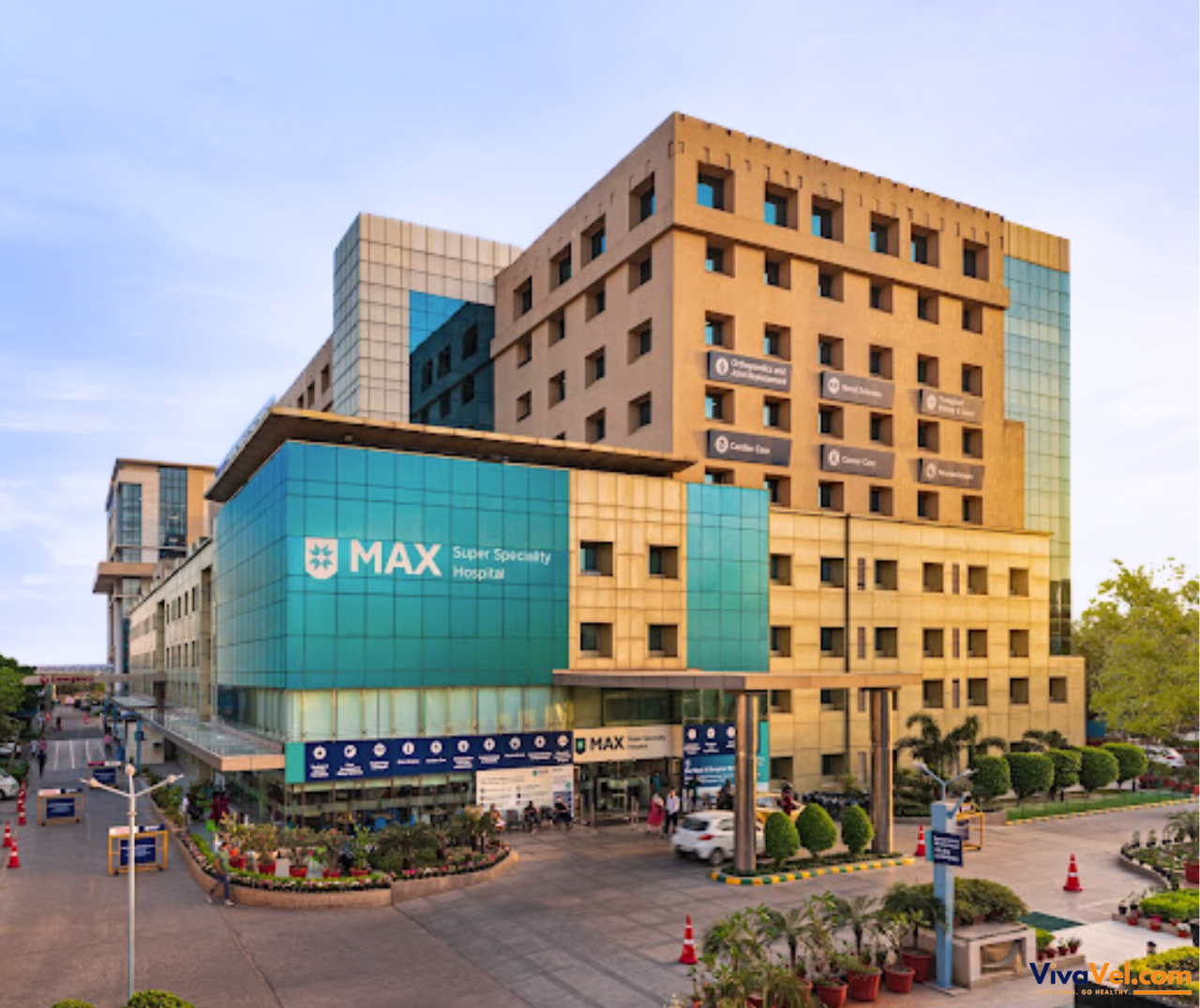


![]() Near Radisson Blu Hotel, Sector 1, Vaishali Ghaziabad, 201012 India
Near Radisson Blu Hotel, Sector 1, Vaishali Ghaziabad, 201012 India




![]() Pusa Road, Radha Soami Satsang, Rajendra Place New Delhi, 110005 India
Pusa Road, Radha Soami Satsang, Rajendra Place New Delhi, 110005 India
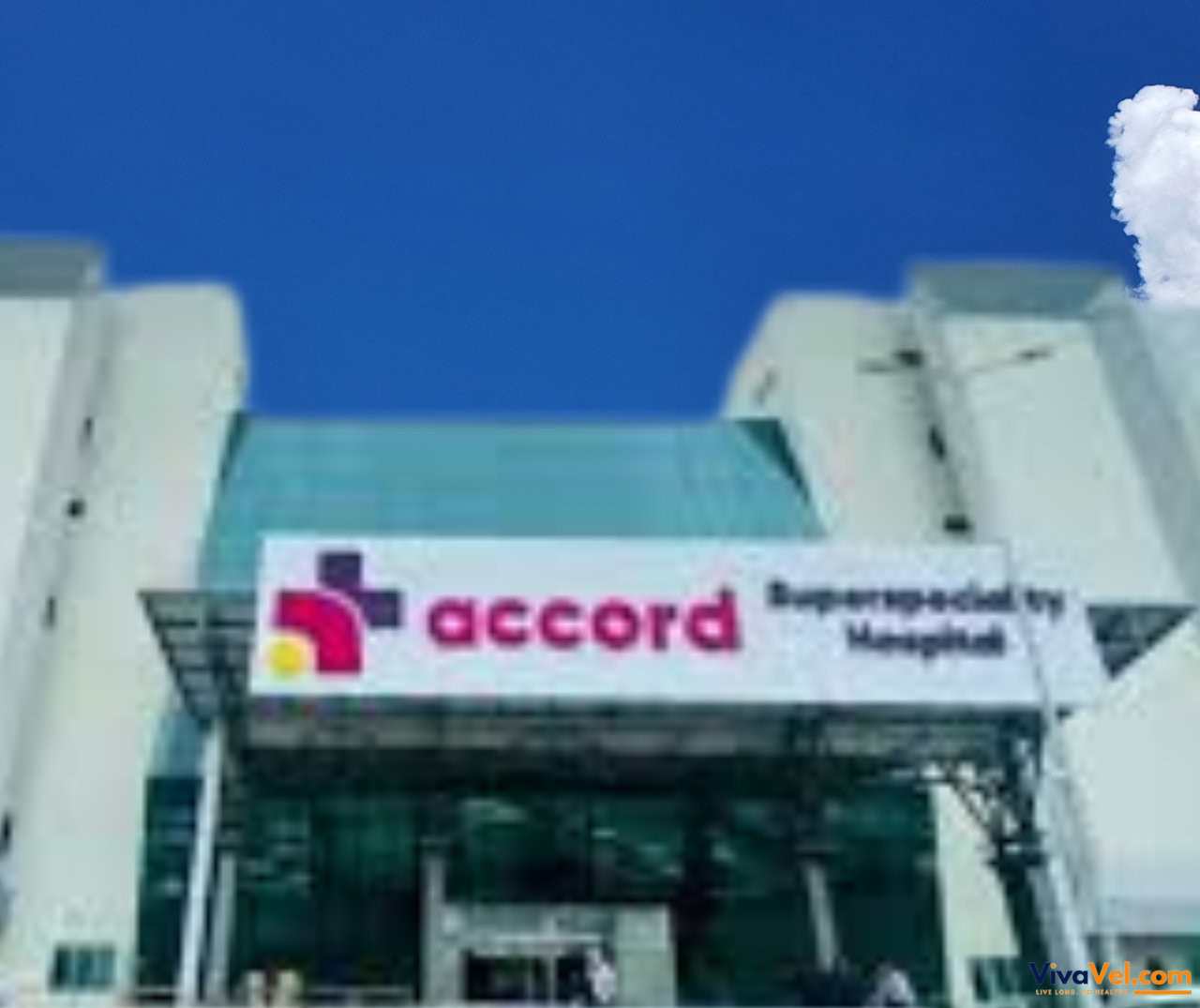


![]() Budena Village, Sector 86, Faridabad, Haryana 121002, India
Budena Village, Sector 86, Faridabad, Haryana 121002, India
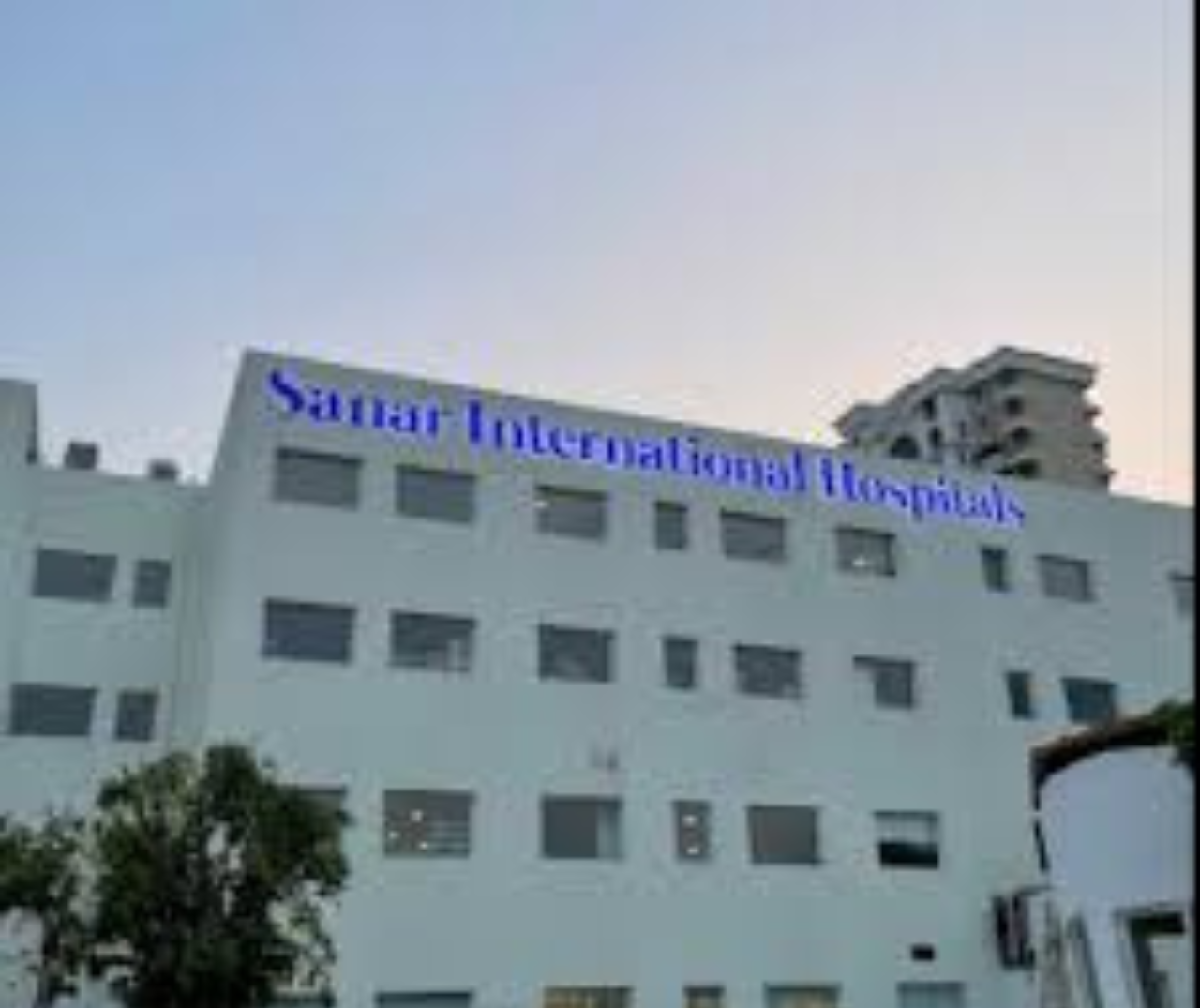


![]() Golf Course Rd, Parsvnath Exotica, DLF Phase 5, Sector 53, Gurugram, Haryana Gurgaon, 122022 India
Golf Course Rd, Parsvnath Exotica, DLF Phase 5, Sector 53, Gurugram, Haryana Gurgaon, 122022 India

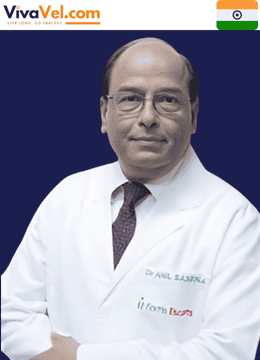
Dr. Anil Saxena is an Executive Director in the Department of Electrophysiology & Cardiac Pacing at Fortis Escorts Heart Institute. He is recognized for his exper...
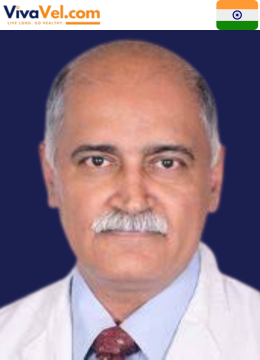
Dr. Kulbhushan S. Dagar is a highly experienced cardiac surgeon with over 21 years in the field. For the past 15 years, he has specialized in caring for infants and c...
C.P.Roy.png)
Dr. (Col.) C.P. Roy VSM is an accomplished heart specialist with over 30 years of experience in the Indian Armed Forces and leading medical institutions. He has held ...
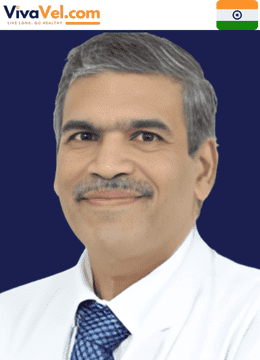
Dr. Ripen Gupta is a highly respected cardiologist at Max Hospital in Saket, New Delhi. With over 25 years of experience in interventional cardiology, Dr. Gupta speci...
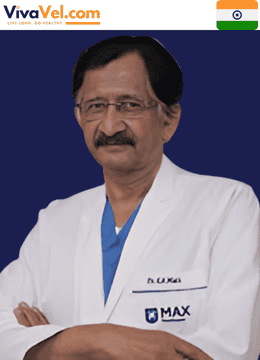
Dr. Ganesh Kumar Mani is a distinguished and highly experienced cardiac surgeon at Max Super Speciality Hospital, Saket, New Delhi. Dr. Mani is one of India's mos...
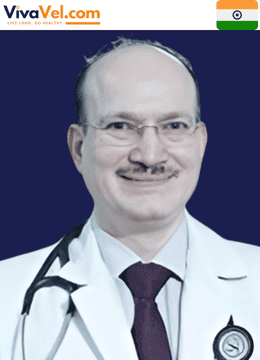
Dr. Rishi Gupta is a renowned name in cardiology and is considered among the best cardiologists in Faridabad, India. He specializes in Angioplasty and coronary A...
Treatment Plan & Cost within 2 days
